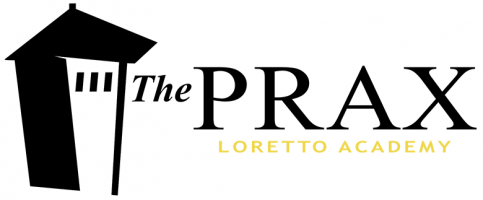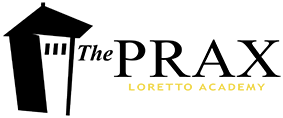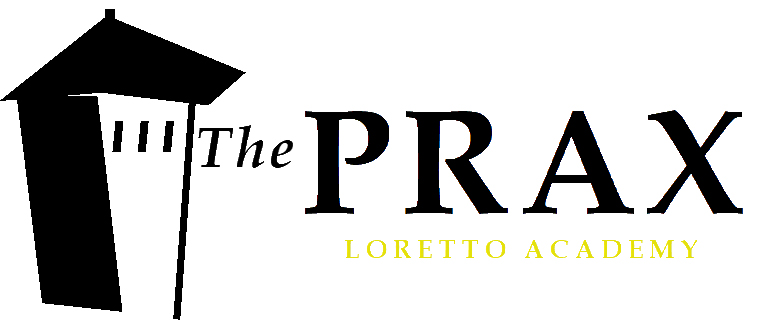Public figures give platform to antisemitism
The No Fear No Hate march takes place in New York City in 2020. A crowd of 25,000 people gathered to protest antisemitism. Photo courtesy of Shutterstock
December 7, 2022
According to the Anti-Defamation League (ADL), antisemitism in the United States hit a record high in 2021, with a total of 2,717 incidents.
The reported incidents, which include assault, harassment, and vandalism, show a 34% increase from 2020.
In 2022, it seems that every week I read a new headline about a celebrity, politician, or athlete spreading hateful rhetoric aimed at Jewish people on social media.
When a public figure promotes hate speech, they are sending a message to their followers that these extremist beliefs are valid and should be normalized.
In Antisemitism on Social Media, Brandeis University professor Sabine von Mering, said, “Social media’s algorithms reward content that elicits user responses, even if those responses are negative… if you denounce an antisemitic post or call out the person who published it, you increase the likelihood that the content will be promoted on the platform.”
If we want to progress as a society striving for equality, inclusivity, and diversity, then we need to develop a self-reliant mentality where we are capable of thinking independently.
20th-century antisemitism
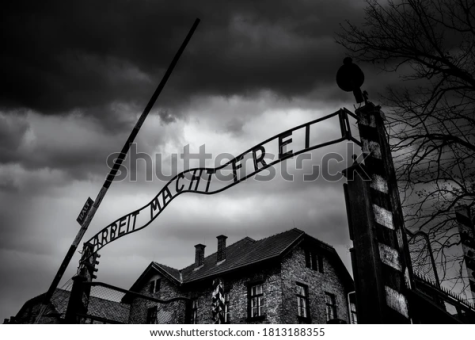
Mass media was already responsible for increasing incidences of antisemitic behavior dating back to the 1920s.
Henry Ford, the founder of the Ford Motor Company, published 91 articles containing anti-Jewish conspiracy theories.
Ford’s series, which was called The International Jew: The World’s Problem, was widely accessible by 1926, with almost one million copies in circulation.
One of the stereotypes heavily associated with Ford’s articles was the idea that Jews controlled the international banking system.
As this erroneous belief continued to gain traction around the world, people began to fear Jews and criticize their alleged greediness.
Nazi leader Adolf Hitler even admired Ford in his autobiographical manifesto, Mein Kampf (My Struggle).
These actions collectively enabled the Holocaust, the deadliest genocide in recorded history.
From 1933 to 1945, six million European Jews were killed during the Holocaust.
Influence of mass media
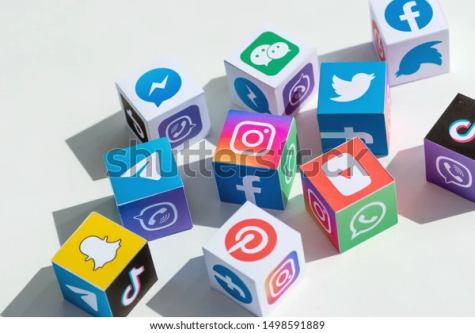
If you fast forward 77 years after the end of the Holocaust, you would discover that public figures such as Kanye “Ye” West are abusing their power in the media to terrorize the Jewish community.
On Oct. 8, 2022, Ye said on Twitter, “I’m a bit sleepy tonight but when I wake up I’m going death con 3 on Jewish people.”
Ye was likely referring to DEFCON 3, a United States military term meaning heightened alert status.
According to The Jewish Chronicle, Ye’s use of the term was to “declare metaphorical war on Jewish people.”
Loretto senior Mia White said, “People with power always have some kind of fan base or following, and their followers will believe the things that they say.
When we learn about events like the Holocaust and then continue to support these celebrities, we are moving backward.”
In Los Angeles, Calif., a group of people gave the Nazi salute and hung large banners over the main freeway that read “Kanye is right about the Jews”.
This goes to show that as soon as a celebrity shares their immoral beliefs, we tend to see immediate support from several of their followers.
After Ye continued to make antisemitic comments on social media and in an interview with Fox News reporter Tucker Carlson, he began to face repercussions.
Adidas, Gap, Balenciaga, JP Morgan Chase, and Foot Locker are just a few of the companies that severed ties with Ye and his fashion brand, Yeezy.
Ye was temporarily banned from Instagram and Twitter, but both of the bans were lifted.
However, on Dec. 2, Ye’s Twitter was once again suspended after he posted an image of the Star of David merged with a swastika.
Someone who failed to condemn Ye’s comments was former U.S. President Donald Trump.
In an interview with radio host Larry O’Connor, Trump’s reply to Ye’s antisemitic comments was that Ye was “great to me [Trump].”
Trump has made antisemitic comments himself, including when he said on his app, TRUTH Social, “No president has done more for Israel than I have.
U.S. Jews have to get their act together and appreciate what they have in Israel before it is too late.”
Trump’s statement can be perceived as a threat and legitimizes hatred toward Jews.
Additionally, on Nov. 22, Trump invited Holocaust denier Nick Fuentes and Ye for dinner at his Florida home.
Although Twitter CEO Elon Musk reinstated Trump’s banned Twitter account, the former president has chosen to stay off of the app for now.
NBA Brooklyn Nets player Kyrie Irving also recently made headlines for posting a link to an antisemitic documentary on Instagram and Twitter.
Irving refused to apologize for his actions, and the Nets suspended him for a minimum of five games without pay.
In a show of some kind of improper solidarity, Ye posted a picture of Irving on Instagram with the caption, “There’s some real ones still here.”
A week after Irving made the post, he finally apologized on social media.
Irving ended up serving an eight-game suspension and was also dropped by Nike.
White said, “You have to understand that there are consequences to the things you say, whether you are a public figure or not.
Unfortunately, with Elon Musk taking over Twitter, all of this hate speech has already increased.
When one person contributes to hate-mongering, the situation is bad enough, but when a group of people develops a sort of mob mentality, the issue snowballs rapidly.
Becoming self-reliant
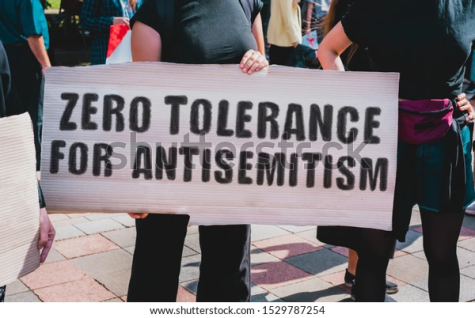
Ralph Waldo Emerson, author of “Self-Reliance,” said, “It is easy in the world to live after the world’s opinion; it is easy in solitude to live after our own; but the great man is he who in the midst of the crowd keeps with perfect sweetness the independence of solitude.”
Living in a time when we are heavily reliant on social media for news and information on the world’s happenings, we need to question the credibility of the accounts we follow.
Just because it seems like someone is an expert on a certain topic does not guarantee that what they share is factual and unbiased.
Loretto senior Mariana Clapp said, “I think it’s important for people to form their own opinions because following public figures without question isn’t very smart and can lead to close-minded people.
That’s why it’s important to educate yourself and then form your own opinions and beliefs from reliable sources, and then take into consideration the opinions of someone else.”
Celebrities, politicians, and athletes are not always right, and we need to realize that it is unwise to agree with their beliefs when they are backed by bigotry and hatred.
Loretto junior Amelia Wardy said, “If we truly mean ‘never again,’ then we must be willing to face our past and learn about who the victims were and the lives they led, as well as the dangers of propaganda, being a bystander, silence, and the consequences these actions have on society.”
El Paso condemns hate
On Nov. 21, City Rep. Peter Svarzbein announced that the El Paso City Council voted to adopt the International Holocaust Remembrance Alliance’s (IHRA) definition of antisemitism.
According to IHRA, “Antisemitism is a certain perception of Jews, which may be expressed as hatred toward Jews.
Rhetorical and physical manifestations of antisemitism are directed toward Jewish or non-Jewish individuals and/or their property, toward Jewish community institutions and religious facilities.”
With increasing rates of antisemitism across Texas, this decision will promote the well-being of El Paso’s Jewish community.
Unfortunately, El Paso is no stranger to the dangers of discrimination and racism.
On Aug. 3, 2019, a gunman from Allen, Texas, opened fire in a Walmart Supercenter in El Paso.
The targeted attack claimed the lives of 23 innocent people.
In the gunman’s manifesto, he expressed his concerns regarding the “Hispanic invasion of Texas.”
This type of hate speech has been widely used to demonize communities and incite violence.
On a global scale and especially in El Paso, there is absolutely no room for discrimination of any kind under any circumstances.
Our differences should be celebrated and never used to enable malicious propaganda.
Therefore, the first step in fighting prejudice and embracing societal progress is to promote diversity in our local communities.
Educational resources
There is an abundance of reliable sources that we can use to educate ourselves and others on the issues of antisemitism.
At Loretto Academy, Mrs. Lockhart-Walker offers a Holocaust Studies class.
Loretto junior Emily Aguilar said, “I enjoy the relationship between student and teacher in Holocaust Studies.
We talk about the details that no one mentions when first talking about the Holocaust.”
In class, students analyze the origins of antisemitism and discover its detrimental impact on individuals and societies around the world.
Aguilar said, “For example, we talked about women’s menstruation; I liked discussing the topic because as a woman, it’s something that affects me.
Some women even used their period as a form of saving themselves from experiments because doctors wouldn’t experiment on them if they were on their periods because they thought it was gross or something.”
For online resources, Clapp said that she enjoys using the following websites: the United States Holocaust Memorial Museum (ushmm.org), the USC Shoah Foundation (sfi.usc.edu), and Yad Vashem (yadvashem.org).
Written works that I have found to be educational and thought-provoking include Night by Elie Wiesel (memoir), The Diary of a Young Girl by Anne Frank (nonfiction), and Maus by Art Spiegelman (nonfiction).
Lastly, visiting your local Holocaust museum keeps the memory of the victims alive, inspiring us to spread peace in this chaotic world.
Mrs. Lockhart and her Holocaust Studies students paid a visit to the El Paso Holocaust Museum and Study Center on Nov. 30.
Wardy said, “I had a memorable experience at this museum; I left feeling humbled and inspired after hearing stories of resistance, hope, and survival among the Jewish community during this trying time in history.
I was impressed with the information and resources the museum had available, including the variety of artifacts on display, which were moving and powerful to look at.”
Overcoming indifference
I believe that we have the resources and ability to become upstanders and defend the oppressed.
Author and Holocaust survivor Wiesel once said, “We must take sides; Neutrality helps the oppressor, never the victim; Silence encourages the tormentor, never the tormented; Sometimes we must interfere.”
I know that we as individuals, as a country, and as a world, can all do more to fight indifference.
We must not be apathetic to suffering or injustice, because recognizing the issues within our society is the first step to displaying human solidarity.
As we commit to seeking a better future, we cannot forget our obligation to think independently and open our eyes to the insanity that plagues our world.
Information courtesy of the Anti-Defamation League, Complex, El Paso Times, PBS, Politifact, The Jewish Chronicle, and the United States Holocaust Memorial Museum.

